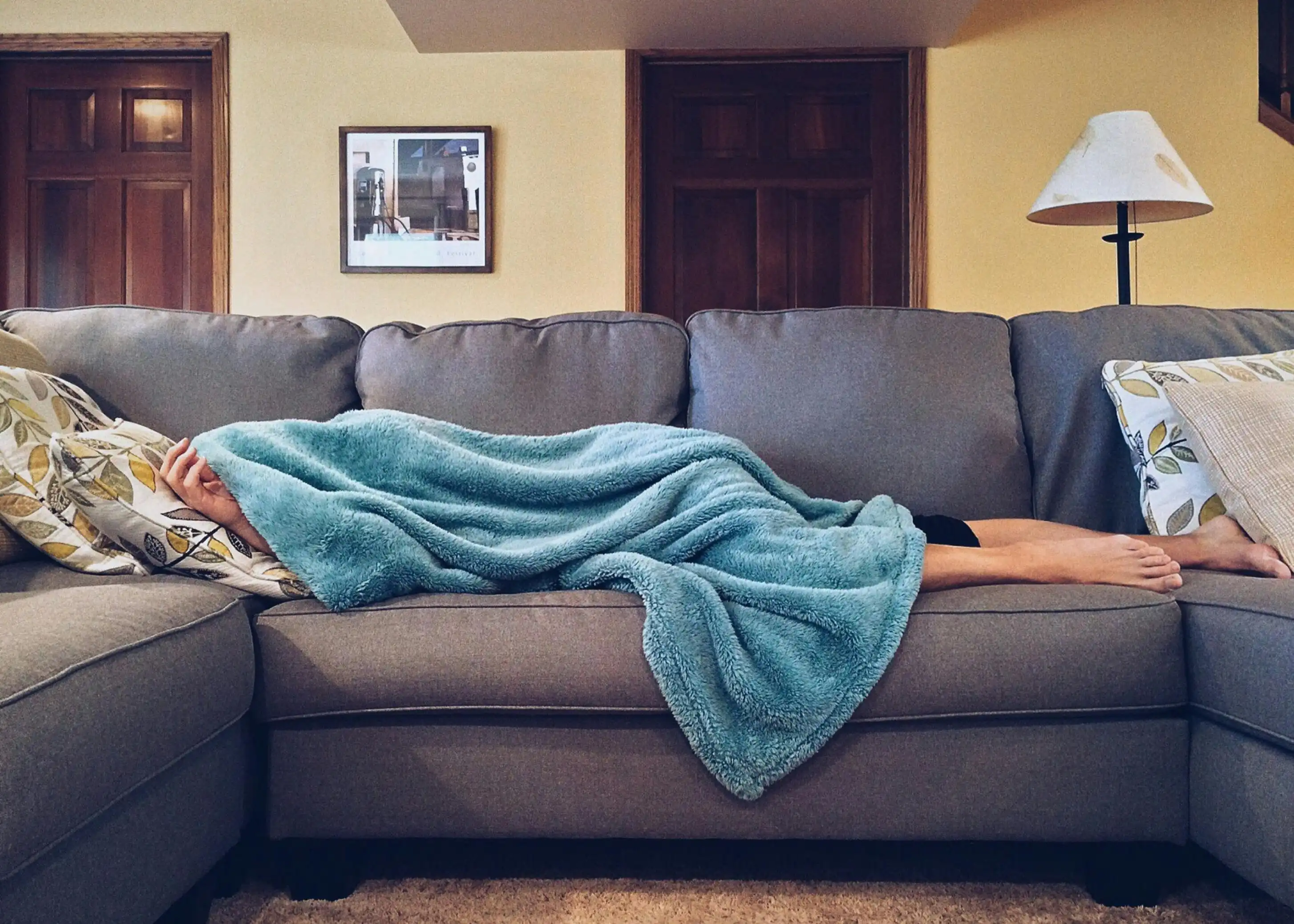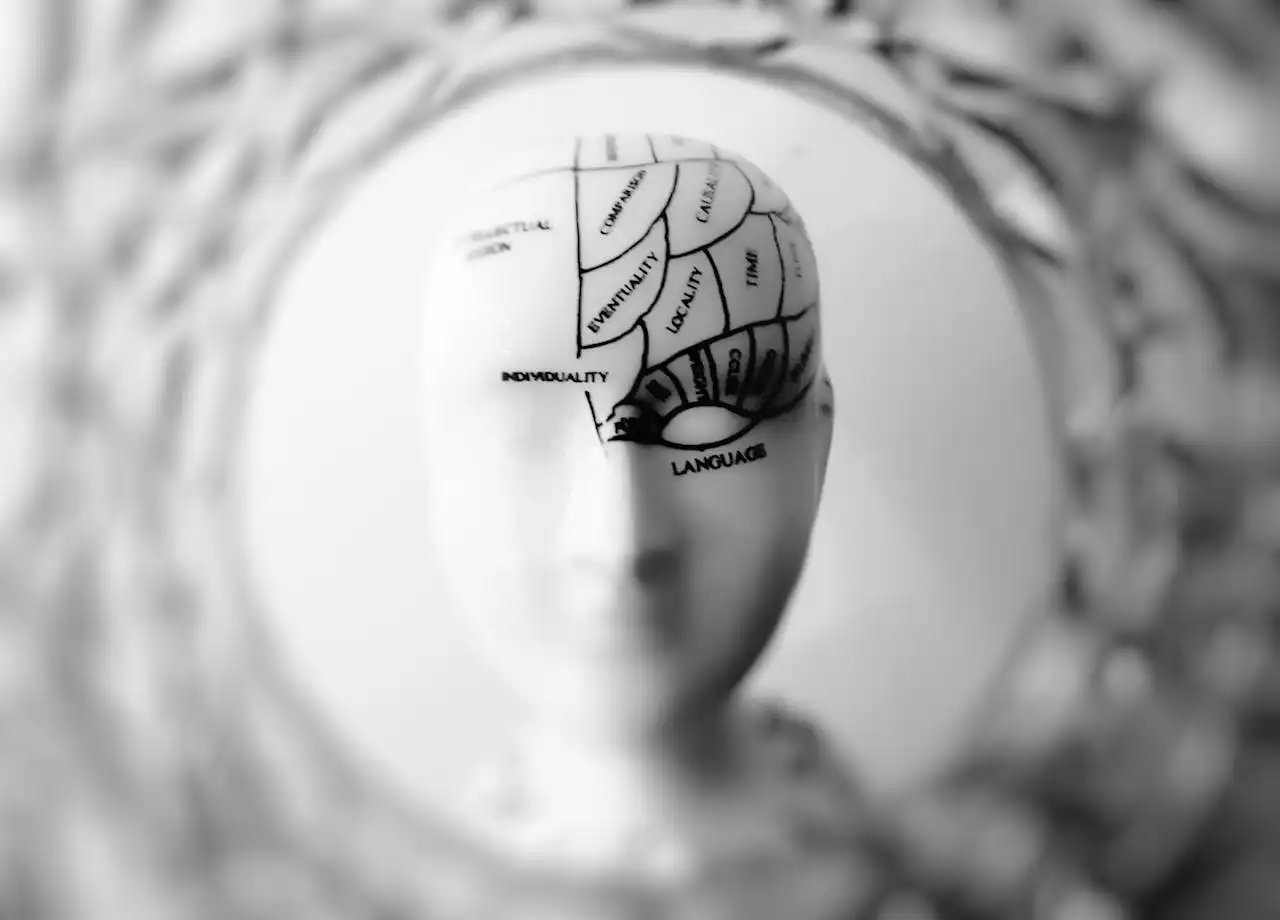Hormones, Immunity, and Weight: Why Lack of Sleep Damages Your System
Muhe - Saturday, 12 July 2025 | 11:55 PM (WIB)


The Hormonal Rollercoaster No One Asked For
Let's talk hormones, because they're basically the secret conductors of your entire body's orchestra. And when you're sleep-deprived, that orchestra sounds less like a symphony and more like a chaotic high school band rehearsal. Two of the biggest players in this game, especially when it comes to weight, are ghrelin and leptin. Think of ghrelin as your body's personal chef, sending signals that say, "Hey, I'm hungry! Feed me now!" Leptin, on the other hand, is the satisfaction signal, the one that tells you, "Alright, I'm full, you can stop eating." When you don't get enough sleep, ghrelin levels shoot up while leptin takes a nosedive. Suddenly, you're feeling ravenous all the time, even if you just ate, and it takes way more food to feel satisfied. It's like your body's hunger and fullness meters are completely out of whack. But wait, there's more! Enter cortisol, the infamous stress hormone. In a nutshell, lack of sleep is a form of stress on your body, and your adrenal glands respond by pumping out more cortisol. While cortisol has vital functions, chronic elevation is bad news. High cortisol levels encourage your body to store fat, especially around your belly, the kind of fat that's super unhealthy for your heart. Plus, it can make your cells less responsive to insulin, meaning your body struggles to use blood sugar effectively, paving the way for insulin resistance and potentially type 2 diabetes down the line. So, that late-night Netflix binge isn't just costing you sleep; it's costing you your metabolic health.Your Immune System's Snooze Button
Now, let's chat about your body's personal security detail: your immune system. Ever notice how you're more likely to catch a cold or feel rundown after a few nights of poor sleep? That's not just a coincidence; it's your immune system waving a white flag. While you're catching Zs, your body is busy producing protective proteins called cytokines. These are like your immune system's little messengers, fighting off infections and inflammation. When sleep is cut short, your body makes fewer of these crucial proteins. It’s like sending your soldiers into battle with half the ammunition and no reinforcements. Beyond cytokines, critical immune cells like T-cells and natural killer (NK) cells, which are frontline defenders against viruses and even cancer cells, become less effective and fewer in number when you're sleep-deprived. This means your body is slower to mount a defense against invading pathogens. You're not just more susceptible to the common cold; you're also at a higher risk for more serious infections and it can even impact the effectiveness of vaccines. Basically, if you want your immune system to be on its A-game, you need to give it the rest it deserves. Otherwise, it’s like trying to run a marathon on a sprained ankle – you're just not going to perform at your best.The Weighty Consequences You Can’t Ignore
So, how do all these pieces fit together to impact your weight? It's a pretty clear, albeit disheartening, picture. The hormonal havoc (hello, ghrelin and leptin!) means you're hungrier, craving more calorie-dense foods (think sugary snacks and refined carbs, because your body is seeking quick energy fixes), and struggling to feel full. The elevated cortisol levels are nudging your body to stash away fat, particularly around your midsection, because it thinks you're under chronic threat. Add to that the fact that when you're exhausted, you have less energy and motivation to exercise, choosing the couch over a jog. Your metabolism might even slow down a bit because your body is trying to conserve energy. It becomes a vicious cycle. Poor sleep leads to hormonal imbalances, increased cravings, less energy for physical activity, and increased fat storage. This, in turn, makes weight management feel like an uphill battle, no matter how hard you try to eat right or hit the gym. It's not just about willpower; it's about biology working against you because your body isn't getting its fundamental need for rest met. It’s like trying to bake a cake without flour – some key ingredients are just missing, and the end result is never going to be what you wanted. So, the next time you're tempted to burn the midnight oil for "just a little longer," remember that sleep isn't a luxury; it's a non-negotiable biological necessity. Prioritizing those 7-9 hours of quality sleep isn't just about feeling better in the short term; it's an investment in your hormonal balance, your robust immunity, and your overall weight management goals. Your body is smart, and it's always working to keep you healthy. Give it the proper resources, starting with decent sleep, and it’s got your back.
How to Relax Your Mind During the Weekend
6 months ago

ChatGPT's Compassionate Turn: How AI Is Learning to Handle Mental Health Crises Better
6 months ago

Coffee vs. Tea: The Morning Brew Showdown That's More Than Just a Cuppa
6 months ago

Cracking the Code: Your Guide to Taming Those Beastly Migraines
6 months ago

Fuel Your Supercomputer: Five Foods That Will Level Up Your Brainpower
6 months ago

Unlocking Your Inner Shield: Five Veggies That Are Basically Superheroes for Your Immune System
6 months ago

Your Secret Weapon for Weight Loss? It's As Simple As Putting One Foot in Front of the Other
6 months ago

Forever Young: The Secret to a Glowing, Timeless Life
6 months ago

Your Gut Feeling is Right: How to Feed Your Inner Universe for a Happier, Healthier You
6 months ago

Navigating Your Daily Grind: When Does Your Coffee Habit Cross the Line?
6 months ago
